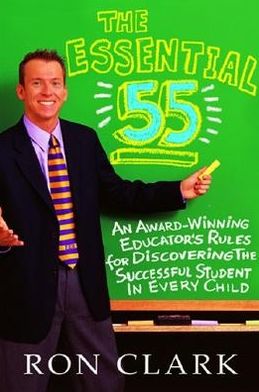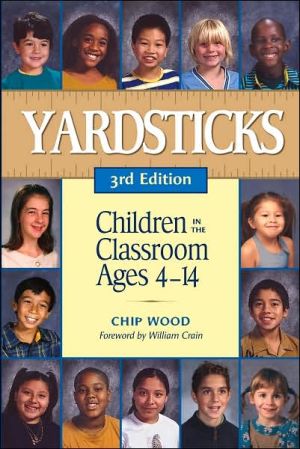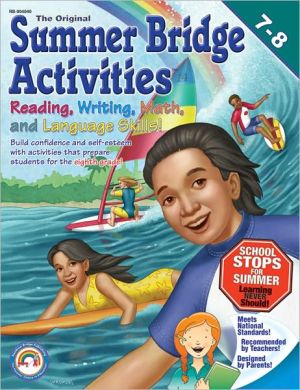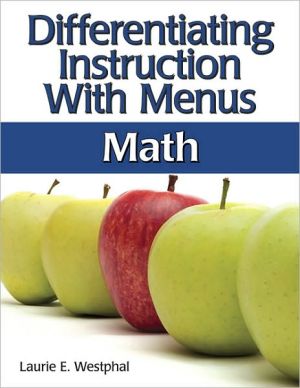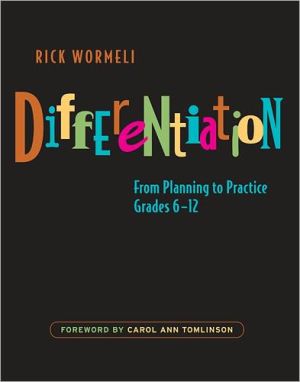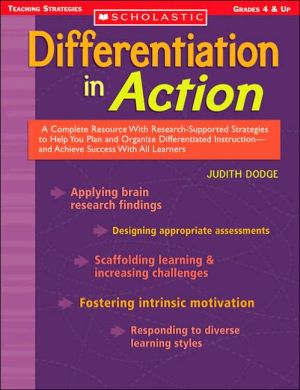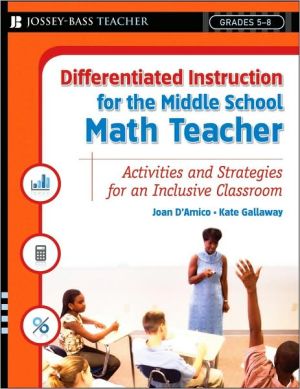Teaching in the Middle School with MyEducationLab
Teaching in the Middle School\ Third Edition\ M. Lee Manning and Katherine T. Bucher\ Teaching in the Middle School, Third Edition, is a must have for all pre-service teachers considering a career in middle school education. This brief text provides the practical content you will need for daily classroom practices and the theory you need to know to support each practice.\ Explore this text to learn:\ \ About middle schools today\ \ \ About young adolescents and their developmental period\ How...
Search in google:
This text for middle school classroom teachers provides a solid core of essential knowledge about middle schools. Balancing the practical and the theoretical, it has a strong research base, as well as a focus on teaching methods, strategies, materials, resources, and technology that are linked to the standards of the National Middle School Association. The author’s objectives are to tell readers about middle schools today, describe adolescents and their developmental period, identify essential middle school concepts that have potential for their age group and educational experiences that are developmentally responsive for young adolescents.
PART I UNDERSTANDING MIDDLE SCHOOLS AND YOUNG ADOLESCENTS1. Middle Schools Today - Concepts and TeachingScenario - The First Day of Student TeachingOverviewObjectivesA Brief History of the Junior High School and the Middle SchoolMiddle SchoolsMiddle Schools: Today and Tomorrow - Selected ConceptsDirections for Effective Middle SchoolsTeaching in the Middle School: Questions to Consider2. Young Adolescents - Development and IssuesScenario - Ms. Ortega ReflectsOverviewObjectivesGeneralizations About Development - The Need for CautionYoung Adolescent DevelopmentPhysical DevelopmentPsychosocial DevelopmentCognitive Development3. Guiding Young Adolescents - Teachers and CounselorsScenario - Kim Matusi and the Guidance TeamOverviewObjectivesGuidance in Middle SchoolsDifferences Between Elementary and Secondary SchoolsFunctions of Middle School Guidance ProgramsGuidance for a Diverse PopulationTeam and Collaborative Approaches to GuidanceAdivsor-Advisee ProgramsRoles of Teachers, Counselors, and AdministratorsGuidelines for Effective Advisory ProgramsAdvisory PlansNeed for Specialized ServicesPART II DEVELOPING THE CURRICULUM AND ORGANIZING THE SCHOOL4. Middle School Curriculum - Core and Related DomainsScenario - The Williams Middle School Curriculum CommitteeOverviewObjectivesCurriculum DefinitionsCurriculum FrameworksCurriculum StandardsDevelopmentally Responsive Middle School CurriculumCore CurriculumRelated Domains5. Middle School Curriculum - Integrated, Interdisciplinary, and ExploratoryScenario - Mr. Costa Considers the CurriculumOverviewObjectivesContemporary Curriculum Perspectives and DefinitionsIntegrated CurriculumAdditional InformationExploratory Curriculum/ProgramsSelected Considerations for Developing Middle School CurriculumPART III PLANNING, IMPLEMENTING, AND ASSESSING INSTRUCTION6. Planning Instruction - Appropriate and InterdisciplinaryScenario - Karyn Rothmer's JournalOverviewObjectivesRationale for Detailed and Methodical PlanningFactors Affecting Middle School Instructional PlanningInterdisciplinary Team Organization and Interdisciplinary InstructionInterdisciplinary Instructional Planning7. Implementing Instruction - Methods and MaterialsScenario - A First-Year Teacher Needs HelpOverviewObjectivesYoung Adolescents - Implementing ConsiderationsOrganizing for InstructionImplementing Interdisciplinary Team TeachingImplementing Effective Instruction in Middle SchoolsRelated DomainsActivities Based on Personal ExperiencesUsing Effective Teaching BehaviorsSelecting Instructional Methods and StrategiesSpecial Characteristics of Middle School TeachersInstruction for Special Learners8. Assessment of Learning - Methods and IssuesScenario - Changes at Longview Middle SchoolOverviewObjectivesAssessment Terminology - DefinitionsAssessment of Learning - PerceptionsAssessment - Rationale and PurposesAssessment - Traditional MethodsAuthentic-Alternative AssessmentsAssessment - Evaluation of Traditional and Authentic AssessmentsAssessment - ReportingAssessment - Developmentally Responsive in Middle SchoolsAssessment - Issues9. Managing Young Adolescents and Environments - Strategies and TechniquesScenario - Westview Middle School Educators Tackle the School EnvironmentOverviewObjectivesUnderstanding Positive Middle School Learning EnvironmentsDesigning Positive Middle School Learning EnvironmentsClassroom Management in the Middle SchoolUnderstanding Selected Classroom Management TheoristsDeveloping a Personal Theory of Classroom ManagementPART IV WORKING WITH EXTERNAL COMMUNITIES10. Parents, Families, and Community Members - Partners and ResourcesScenario - Encouraging Community InvolvementOverviewObjectivesReengaging Parents and Families in Middle SchoolsBackgroundsParents and Middle SchoolsNontraditional Families; and FathersParent Education Programs for Parents of Young AdolescentsCommunities and Young AdolescentsEpilogue Middle Schools of the FutureMiddle Schools: The Beginning and RationaleDocuments, Position Papers, and ReportsDirectionsPresent StatusYoung AdolescentsRecognition of the Developmental PeriodIncreasing Research BaseContemporary PerspectivesTeaching in the Middle Schools - ChallengesSeeking Professional Preparation: Young Adolescents and Middle School EducationCommitting to Teacher Middle SchoolersServing as Advocates for Young AdolescentsProviding Developmentally Responsive Educational ExperiencesEngaging in Research to Determine What WorksThe FuturePush for ExcellenceCollaborative Efforts - Administrators, Teachers, Teacher Educators, Parents, State Departments of Education, and the CommunityA Time for Responsive ActionGlossaryReferencesName IndexSubject Index

